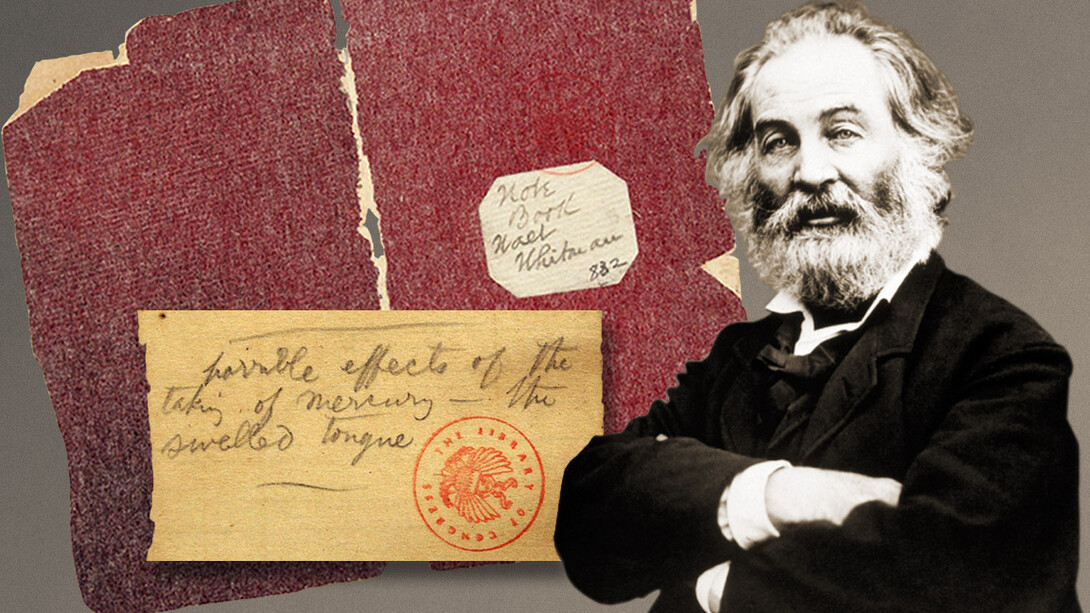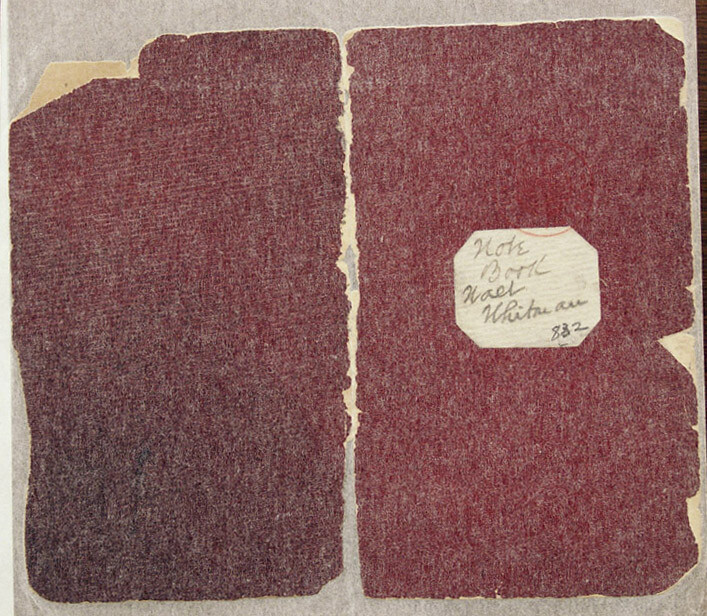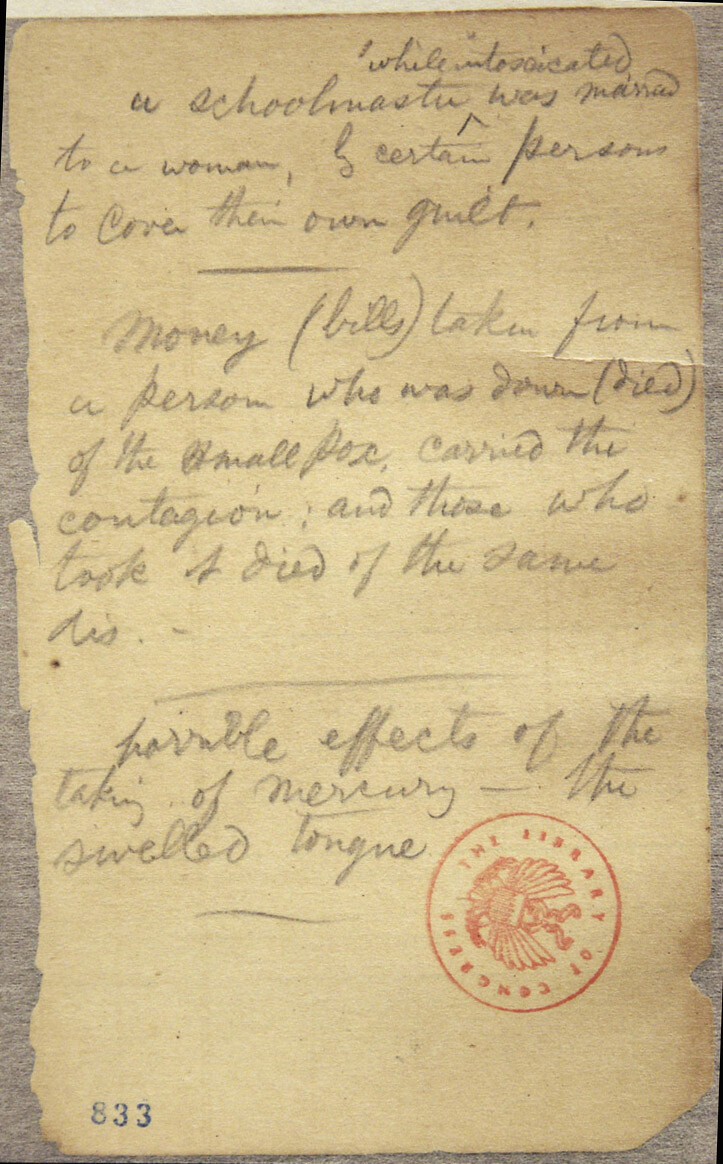
It was a tattered red notebook, more than 165 years old, holding the musings of an American literary giant. When Walt Whitman scholars at the University of Nebraska-Lincoln digitized and transcribed its pages years ago, they discerned plot lines and rough drafts of a fictional work, but found it didn’t match any of Whitman’s known works.
But the scribbles in that notebook, digitally housed in the Walt Whitman Archive, a project of the Center for Digital Research in the Humanities at Nebraska, turned out to be clues to a long-lost novel, “Life and Adventures of Jack Engle: An Autobiography.”

A University of Houston graduate student used those clues to uncover Whitman’s anonymously published novel in six issues of the New York Sunday Dispatch in 1852.
“Whitman left many fragmentary notes of plots in his notebooks and prose manuscripts and people assumed that those were just ideas that he had never had time to fully pursue,” said Kenneth Price, Hillegass University Professor of American Literature at Nebraska who is an internationally known Whitman scholar.
The student, Zachary Turpin, said he turned to the Whitman Archive, which is co-directed by Price, to look for notes that might lead him to a new discovery. In online databases full of scans and text of old newspapers, Turpin used the search term “Jack Engle” and other characters in the notebook.

“Because the spellings of these character names were unusual, he got a hit and that directed him to this newspaper that hadn’t yet been digitized,” Price said. The newspaper issues were available at the Library of Congress.
The discovery can be traced to work of Nebraska scholars including Kevin McMullen, a graduate student who oversaw the expansion of a catalog of Whitman’s notebooks and prose manuscripts on the Whitman Archive.
The uncovering of the novel demonstrates the importance of digital scholarship, Price said.
“We’ve taken rare manuscripts and notebooks out of the restricted spaces of special collections libraries and moved them into the open space of the web where scholars and students can readily access them,” he said. “Digital scholarship is making these types of discoveries more and more possible.”

Price said the discovery was kept a secret until its publication in the Walt Whitman Quarterly Review. Further, he said the new novel opens up many avenues for research into Whitman, especially how and for how long the 19th-century literary icon may have been mulling his seminal work, “Leaves of Grass.”
“People had thought that (Whitman had) given up fiction long before this,” Price said. “Now we realize he was seriously writing fiction almost to the eve of working on ‘Leaves of Grass.’
“The connection between his fiction and poetry will need to be rethought by scholars.”







